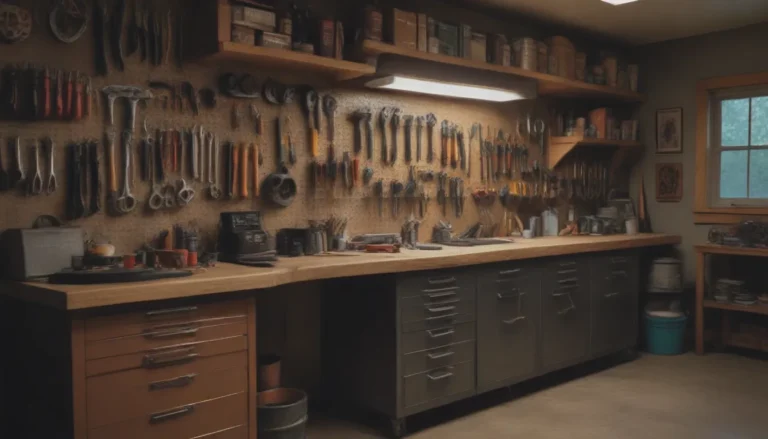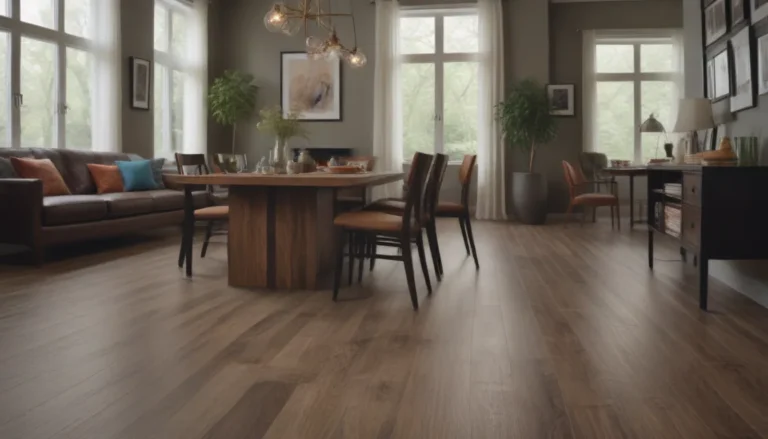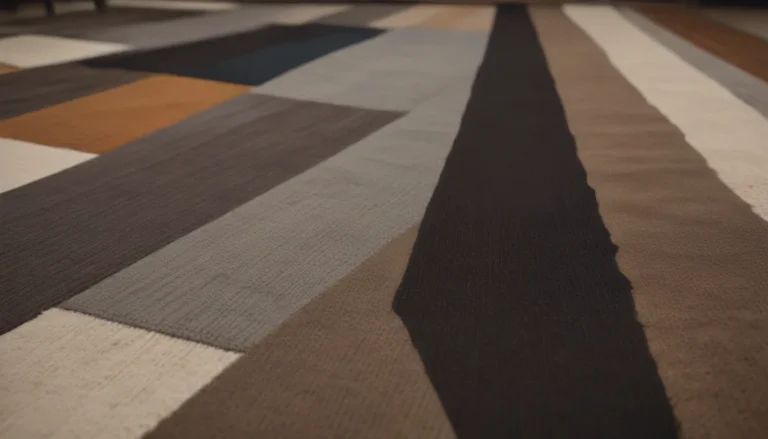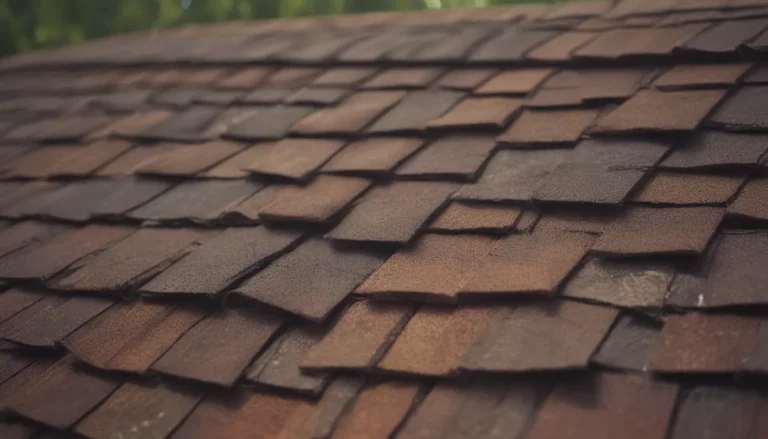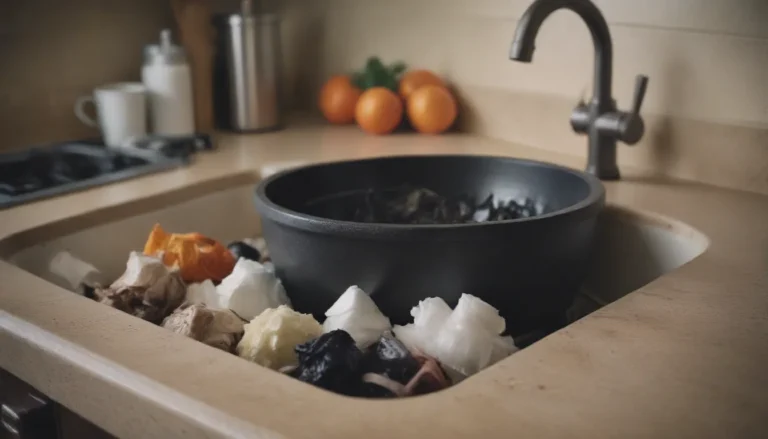Everything You Need to Know About Concrete Driveways
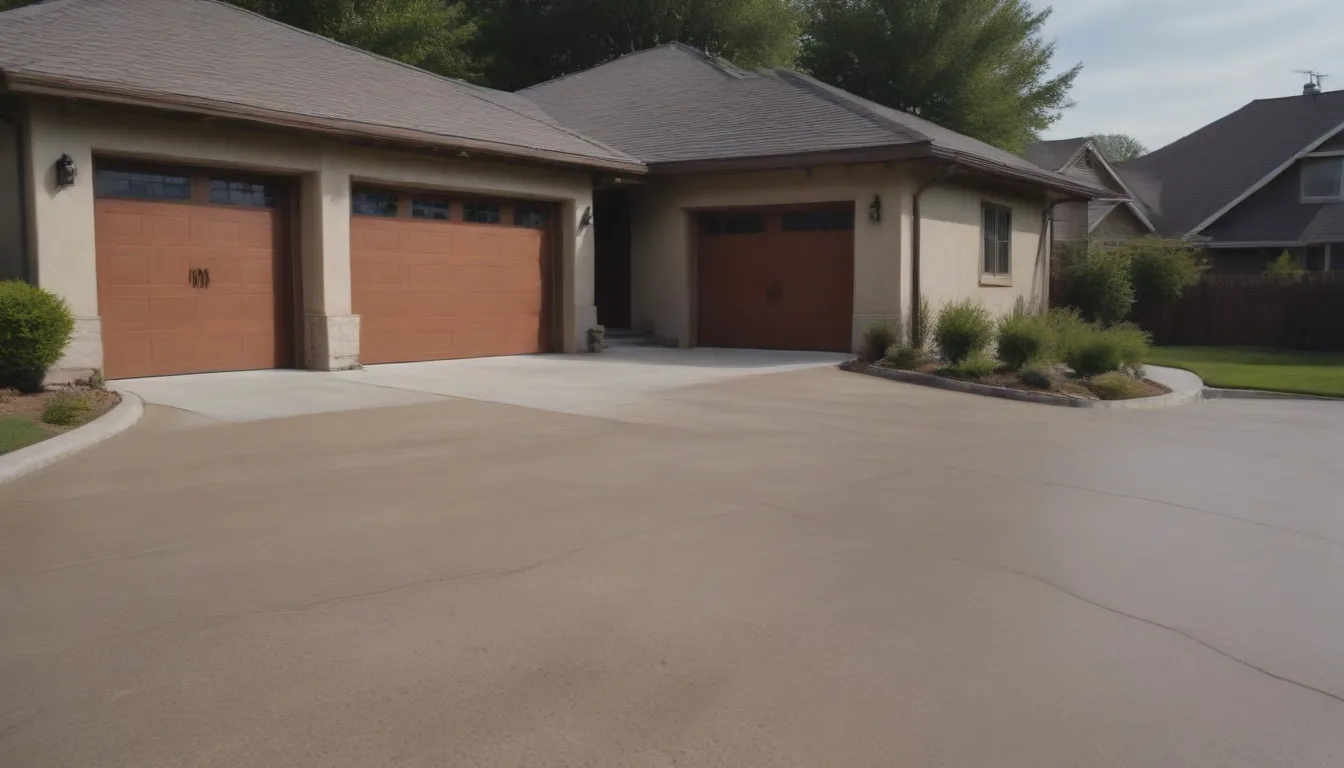
Are you considering installing a new driveway or replacing an existing one? Concrete driveways are a popular choice due to their strength, durability, and low maintenance. In this article, we will explore the pros and cons of concrete driveways, the installation process, maintenance tips, longevity, costs, and more. Let’s dive in and discover why concrete might be the perfect choice for your home!
The Benefits of Concrete Driveways
Concrete driveways offer several advantages that make them a top choice for homeowners. Here are some of the key benefits:
- Strength and Durability: Concrete slabs are known for their strength and long-lasting durability. They can withstand heavy vehicles and harsh weather conditions, making them a reliable choice for driveways.
- Low Maintenance: Once installed, concrete driveways require minimal maintenance. A simple scrub with a hose and brush, along with regular sealing, can help prolong the life of the driveway.
- Variety of Finishes: While plain concrete may seem dull, it can be colored and stamped to create a unique and attractive surface. Decorative finishes and colors add visual appeal to your driveway.
Concrete as a Building Material
It’s important to note that concrete is not the same as cement. Concrete is a composite material consisting of stone aggregate, water, and a binder (usually Portland cement). The size of the aggregate can vary depending on the intended use of the concrete, with gravel-sized aggregates commonly used for driveways.
When installing a concrete driveway, it’s essential to follow proper procedures to ensure a strong and durable foundation. Here’s an overview of the installation process:
Installation Process
- Excavation and Preparation: The area for the driveway is excavated, and forms are installed to contain the concrete.
- Base Preparation: A base of class-5 gravel is added, graded, and compacted to provide a stable foundation.
- Reinforcement: Steel wire grid or metal rebar is laid in a criss-cross pattern to reinforce the driveway and prevent cracking.
- Concrete Pour: Wet concrete is delivered and poured into the forms, with a finishing crew quickly working to smooth the surface.
- Curing: Proper curing is essential for the concrete to harden and strengthen. Ideal curing weather is around 70 degrees with a damp surface.
After the installation is complete, it’s important to follow a regular maintenance routine to ensure the longevity of your concrete driveway:
Maintenance Tips
- Cleaning: Regularly scrubbing the driveway with a hose and brush can help remove dirt and debris.
- Sealing: Applying a concrete sealer at least once a year adds a layer of protection to the surface.
- Crack Filling: Use a high-quality concrete crack filler to repair any significant cracks before applying sealant.
Longevity and Costs
Concrete driveways can last 25 to 50 years or more with proper maintenance. While the initial cost of a concrete driveway can be higher than alternatives like gravel or asphalt, the longevity and durability of concrete make it a cost-effective choice in the long run.
- Cost: On average, a basic concrete driveway installation costs $4 to $10 per square foot. Additional finishes like coloring or stamping can increase the cost.
- Durability: Well-installed and maintained concrete driveways can last 50 years or more, making them a durable and reliable option for homeowners.
In conclusion, concrete driveways offer a strong, durable, and low-maintenance option for your home. By following proper installation and maintenance practices, you can enjoy a beautiful and long-lasting driveway that enhances the curb appeal of your property. Consider consulting with a professional to determine if a concrete driveway is the right choice for your home.
